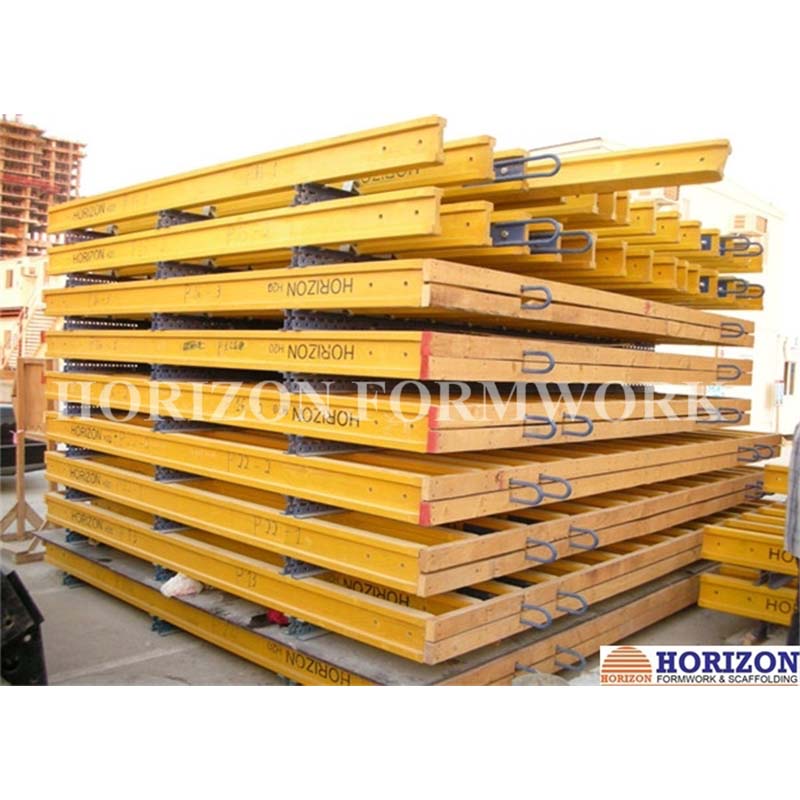Dec . 11, 2024 09:20 Back to list
Innovative Formwork Solutions for Efficient Wall Construction Manufacturers
Formwork for Wall Manufacturers Innovations and Best Practices
In the construction industry, the demand for efficient, durable, and visually appealing walls is continuously increasing. For wall manufacturers, the choice of formwork systems can significantly influence the quality of the finished product, the timeline of the project, and overall costs. In this article, we’ll explore the essential aspects of formwork for wall manufacturers, highlighting innovations, best practices, and the impact of emerging technologies.
Understanding Formwork
Formwork refers to the temporary or permanent molds into which concrete is poured to create structural components, such as walls. The choice of formwork directly affects not only the structural integrity but also the aesthetics of the wall. Traditionally, wood and steel have been the primary materials used for formwork, but advancements in technology have led to the development of various other materials, including plastic, fiberglass, and modular systems.
Types of Formwork
1. Traditional Timber Formwork Timber has been used for centuries and is still one of the most common materials for formwork. It is readily available, affordable, and can be easily shaped to create complex geometries. However, timber formwork can be labor-intensive and may lead to inconsistencies in quality if not meticulously crafted.
2. Steel Formwork Steel offers higher durability and strength compared to timber. It is reusable and provides a better surface finish for concrete walls, making it popular among wall manufacturers who prioritize precision. The initial cost is higher, but the long-term savings on labor and materials can offset this investment.
3. Aluminum Formwork Lightweight and easy to handle, aluminum formwork systems are becoming increasingly popular. They are known for their speed of installation, cost-effectiveness, and ability to create high-quality finishes. The flexibility of aluminum forms allows for various wall shapes and sizes.
4. Modular and Plastic Formwork Recent advancements have introduced modular and plastic systems that are typically lightweight and easy to assemble. These systems are particularly useful for projects requiring repetitive wall designs and quick turnaround times. Their modular nature allows for enhanced versatility in design.
Innovations in Formwork Technology
The construction industry is experiencing a significant shift with the introduction of innovative formwork technologies. These innovations aim to improve efficiency, enhance quality, and reduce waste.
formwork for wall manufacturers

1. 3D-Printed Formwork One of the most exciting developments is the use of 3D printing technology to create custom formwork. This allows for intricate designs and shapes that traditional methods cannot achieve. 3D-printed molds are often made from biodegradable materials, which can also address sustainability concerns.
2. Smart Formwork Systems The integration of sensors into formwork systems is gaining traction. These sensors can monitor variables such as temperature, humidity, and concrete pressure in real-time. This data can be invaluable in ensuring optimal curing conditions and minimizing the chances of defects in the final wall product.
3. Automated Formwork Installation Automation plays a key role in modern construction environments. Automated systems can significantly reduce labor costs and increase efficiency. Robotic systems can manage the placement and alignment of formwork, ensuring precision and potentially speeding up project timelines.
Best Practices for Wall Manufacturers
To maximize the benefits of formwork and ensure high-quality wall production, manufacturers should consider the following best practices
1. Invest in Training Continuous training for staff on the latest formwork technologies and practices is critical. Well-trained personnel are essential for maximizing the effectiveness of new systems and minimizing errors.
2. Regular Maintenance Proper care and maintenance of formwork not only prolong their lifespan but also ensure consistent quality in the walls produced. Regular checks for wear and tear can prevent costly delays and defects.
3. Sustainability Considerations As the construction industry moves towards more sustainable practices, wall manufacturers should consider eco-friendly formwork options. Utilizing recyclable materials and reducing waste during the manufacturing process can significantly enhance a company’s sustainability profile.
Conclusion
Formwork is a crucial aspect of wall manufacturing that influences the quality, cost, and efficiency of construction projects. With ongoing innovations in materials and technologies, wall manufacturers are presented with new opportunities to enhance their practices. By adopting best practices and staying updated with technological advancements, they can not only meet the increasing demands of the market but also ensure the delivery of superior wall products. Embracing these changes will undoubtedly set the stage for a more efficient and sustainable future in the construction industry.
-
High-Quality U Head Jack Scaffolding – Reliable Scaffolding Jack Head Manufacturer & Factory
NewsJul.08,2025
-
High-Quality I Beam H20 Leading Timber Beam H20 Material Factory, Exporters & Manufacturers
NewsJul.08,2025
-
High-Quality Powder Coating Steel Formwork - Durable & Corrosion Resistant Solutions
NewsJul.07,2025
-
Inclined Column Formwork Supplier – Durable & Precise Solutions for Unique Structures
NewsJul.07,2025
-
High-Quality Water Stop Solutions Trusted Water Stop Company & Suppliers
NewsJul.07,2025
-
High-Quality Formwork Material Supplier Reliable Manufacturer & Factory Solutions
NewsJul.06,2025